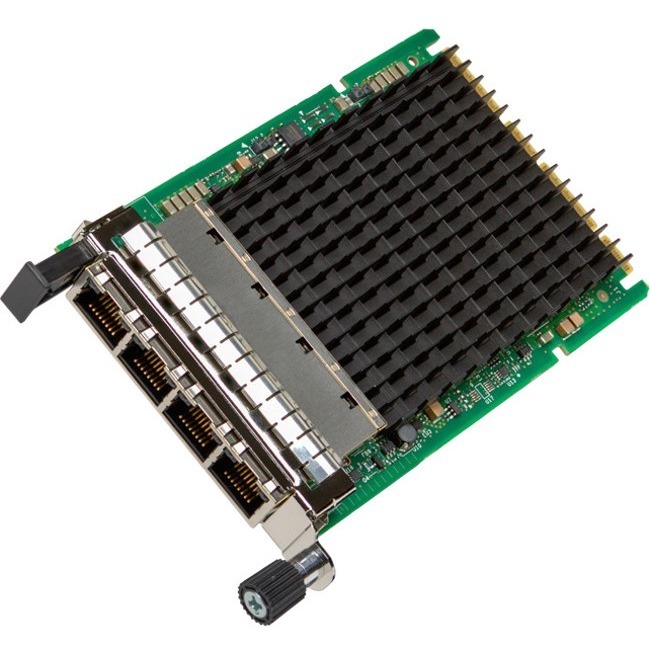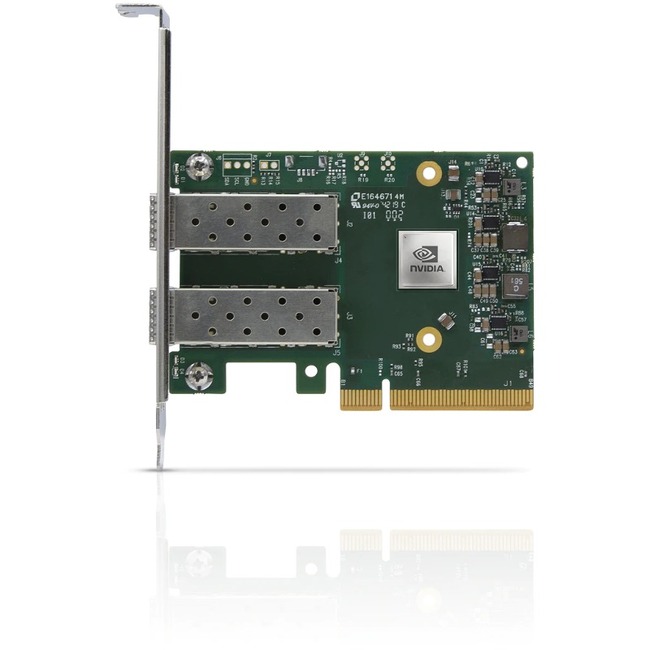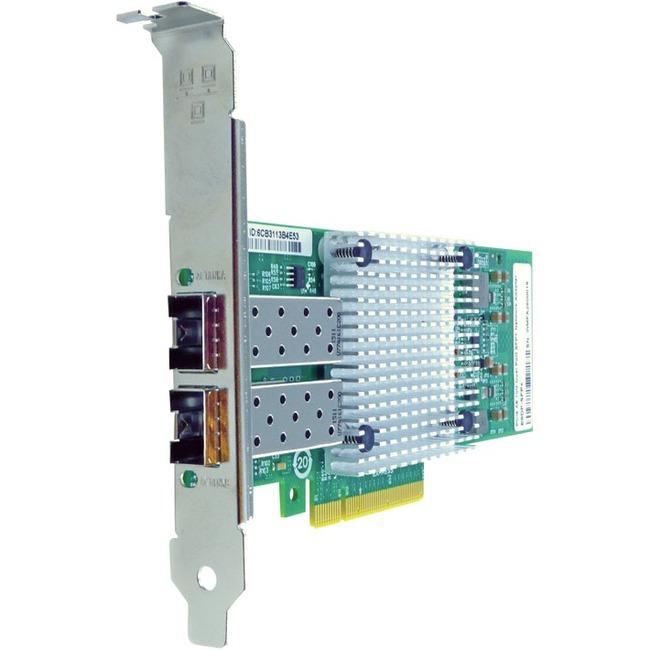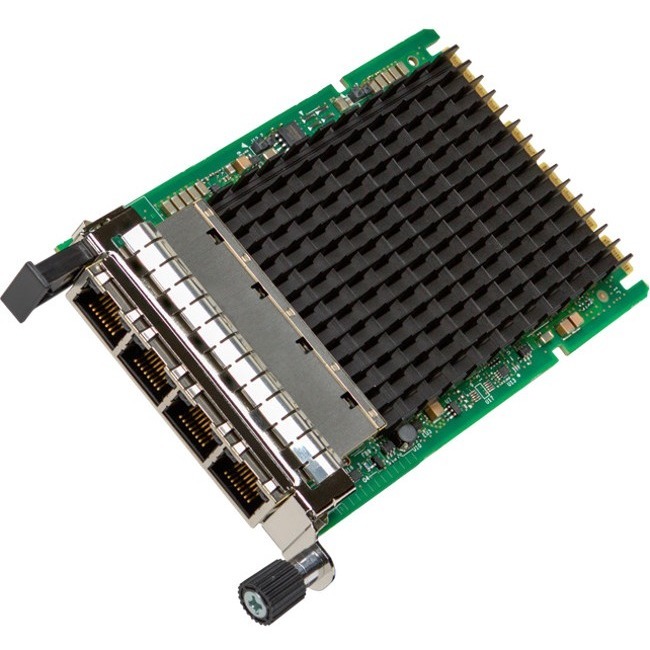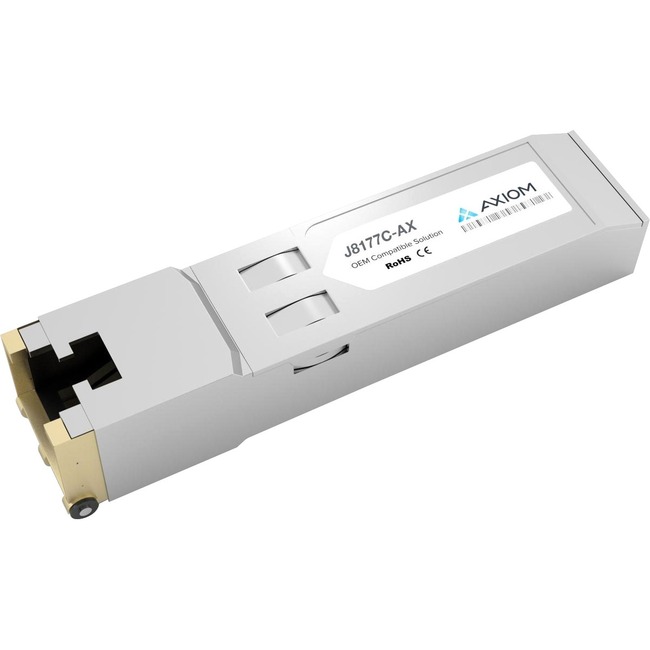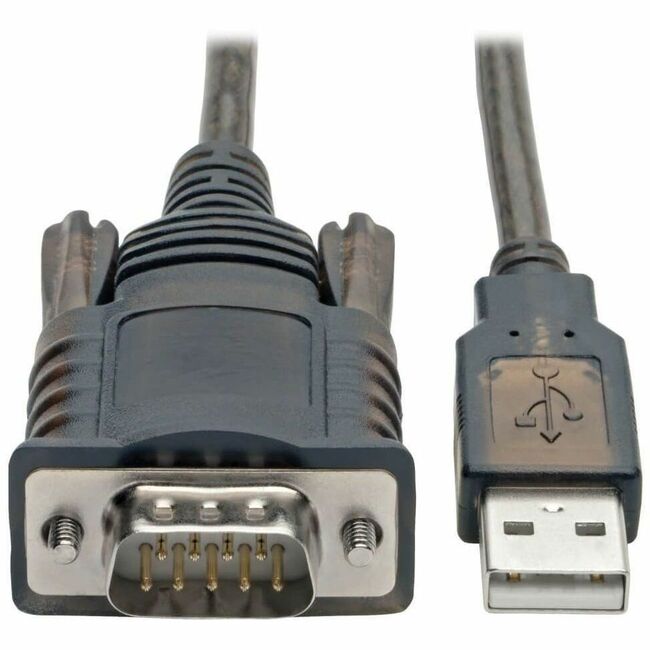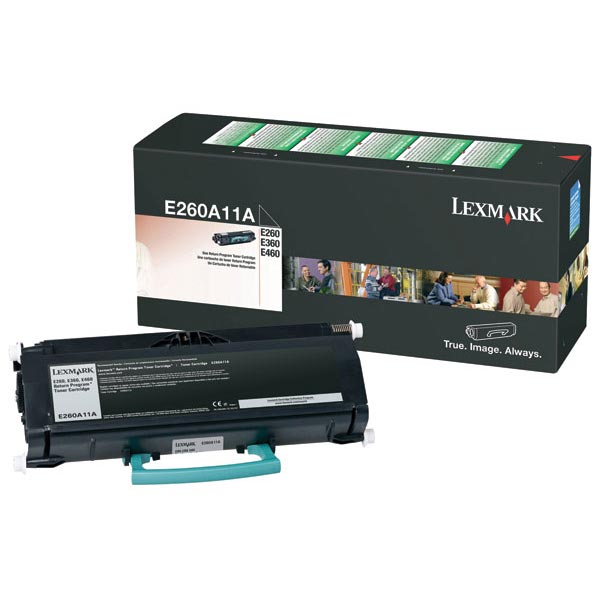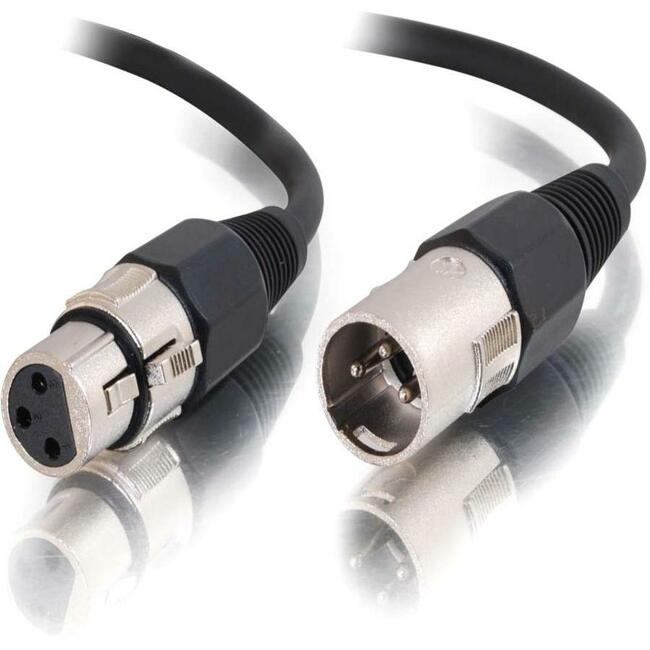|
By clicking Subscribe, I agree to receive advertising and other marketing messages from Patzon under the terms of the Privacy Policy and User Agreement. |
|
Intel X710-T4L 10Gigabit Ethernet Card
| $628.19 |
- 10Gigabit Ethernet card offers the flexibility and scalability to make infrastructure run as efficiently and productively as possible with 10Gigabit data transfer rate
- Enjoy superfast data transfer of up to 8000 MB/s with PCI Express 3.0 x8 card, between the network card and motherboards
- With quad ports on a single card, save valuable expansion slots on your system for other purposes
- Supports cost-efficient twisted pair cables for speedy data transfer up to 100 meters
- With the 100Base-TX technology get up to 100Mbps data transfer rate over the twisted pair cable
You may be also interested
Product description
Intel X710-T4L 10Gigabit Ethernet Card - PCI Express 3.0 x8 - 1.25 GB/s Data Transfer Rate - Intel X710-TM4 - 4 Port(s) - 4 - Twisted Pair - OCP 3.0 Bracket Height - Retail - 10GBase-T, 5GBase-T, 2.5GBase-T, 1000Base-T, 100Base-TX - Plug-in Card
PCI Express 3.0 x8 - 1.25 GB/s Data Transfer Rate - Intel X710-TM4 - 4 Port(s) - 4 - Twisted Pair - OCP 3.0 Bracket Height - Retail - 10GBase-T, 5GBase-T, 2.5GBase-T, 1000Base-T, 100Base-TX - Plug-in Card
Specifications
Overview
Simplify technology transitions with the Intel® Ethernet Network Adapter X710-T2L and X710-T4L for OCP 3.0. Autonegotiation between port speeds provides maximum flexibility in dual and quad-port 10GBASE-T configurations. These low-power adapters also support Energy Efficient Ethernet to efficiently reduce power consumption during periods of low data activity.
The X710-T2L and X710-T4L for OCP 3.0 are part of the Intel® Ethernet 700 Series the foundation for server connectivity; providing broad interoperability critical performance optimizations and increased agility for Communications Cloud and Enterprise IT network solutions.
- Interoperability - Multiple speeds and media types for broad compatibility backed by extensive testing and validation.
- Optimization - Intelligent offloads and accelerators to unlock network performance in servers with Intel® Xeon® processors.
- Agility - Both Kernel and Data Plane Development Kit (DPDK) drivers for scalable packet processing.
The OCP NIC 3.0 specification defines a standardized design for a new
generation of network adapters. Simple and straightforward form
factors clear manageability requirements and improved serviceability
help simplify deployment for current and emerging capabilities.
All Intel® Ethernet 700 Series Network Adapters include these feature-rich technologies:
Flexible and Scalable I/O for Virtualized Infrastructures
Intel® Virtualization Technology (Intel® VT) delivers outstanding I/O performance in virtualized server environments.
I/O bottlenecks are reduced through intelligent offloads enabling near-native performance and VM scalability. These offloads include Virtual Machine Device Queues (VMDq) and Flexible Port Partitioning using SR-IOV with a common Virtual Function driver for networking traffic per Virtual Machine (VM). Host-based features supported include:
VMDQ for Emulated Path: VMDQ enables a hypervisor to represent a single network port as multiple network ports that can be assigned to the individual VMs. Traffic handling is offloaded to the network controller delivering the benefits of port partitioning with little to no administrative overhead by the IT staff.
SR-IOV for Direct Assignment: Adapter-based isolation and switching for various virtual station instances enables optimal CPU usage in virtualized environments.
- Up to 128 virtual functions (VFs) each VF can support a unique and separate data path for I/O related functions within the PCI Express hierarchy.
- Use of SR-IOV with a networking device for example allows the bandwidth of a single port (function) to be partitioned into smaller slices that can be allocated to specific VMs or guests via a standard interface.

